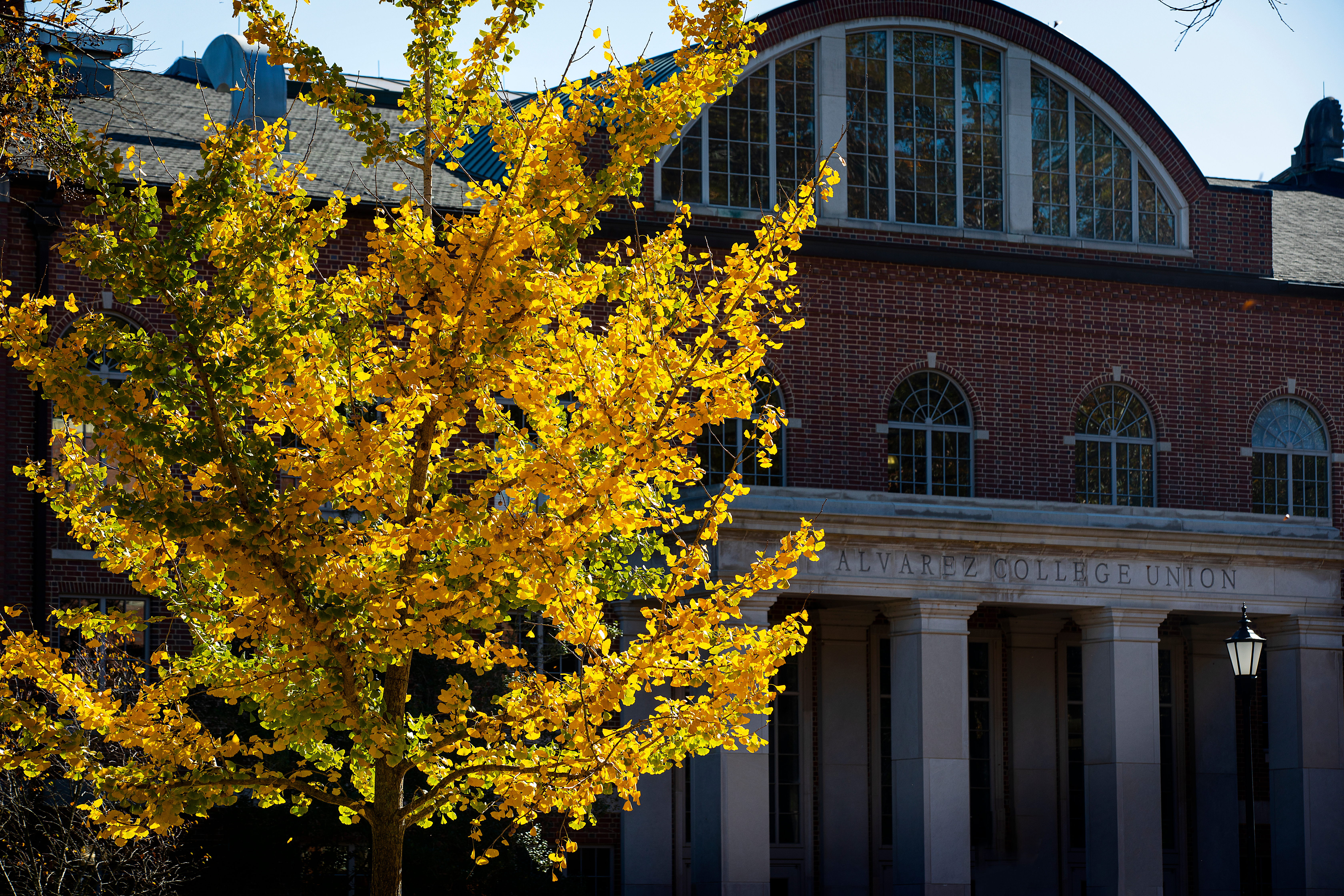Davidson College Apologizes for Support of Slavery, Announces First Steps Toward Greater Equity
August 19, 2020
- Contact
- Mark Johnson
Davidson College issued a public apology today for its support of slavery during the college’s first 30 years and its embrace of the racist laws and policies that followed.
On behalf of the Davidson College Board of Trustees, President Carol E. Quillen acknowledges and offers an apology for the college’s complicity in perpetuating slavery and the unjust laws and false ideas that upheld racist systems and practices after slavery was outlawed.
“We have much work to do to understand the pain and injury the college has caused,” Davidson College President Carol E. Quillen said in a video message, “as well as to appreciate fully the strength, gifts, and power of enslaved persons and our foundational indebtedness to them.”
The college’s apology came in light of the recommendations by Davidson’s Commission on Race and Slavery, which also included public commemoration of the contributions of enslaved persons on campus and review of the names of prominent spaces.
Davidson’s board of trustees unanimously supported the commission’s report and took full responsibility for the apology and a resulting action plan developed by the college.
"Davidson’s foundational values include a loyalty to all of humanity,” said Alison Hall Mauzé, chair of the college’s board of trustees. “Today we are holding ourselves accountable for not wholly living up to those values during a significant part of our history and are taking strong, first steps toward building the more just and humane community we strive to be.”
The commission, chaired by alum and former U.S. Secretary of Transportation Anthony Foxx, released its report today in tandem with the college’s apology. The commission proposed positions, programs and funding to support:
- Changing the name of the iconic Chambers Building at the center of campus.
- Further research into, and public education about, the college’s history that is intertwined with slavery.
- Transforming the campus culture to better understand racism and exclusion.
- Creating and sustaining a clear line of communication with the Black community in the town of Davidson and the Smithville neighborhood and their long ties to the college.
The college’s leadership simultaneously announced the first steps toward acting on the report, a list of more than a dozen actions toward racial equity and justice, including:
- A Board of Trustees committee to consider the naming of key buildings and a separate committee to guide the commemoration of the contributions of enslaved persons
- Anti-racism training for all faculty, staff and students
- Auditing admission, hiring and other practices through the lens of racial equity
- Working with the Ada Jenkins Center, in Davidson, to expand the Freedom School summer reading and enrichment program for kindergarten through 8th grade by 2022
- Hiring four tenure-track professors over the next four years who will be housed, in part or in whole, in Davidson’s Africana Studies Department
The report grew out of two years of work by the commission whose members included historians, faculty, staff, students, clergy, community residents, alums and non-alums alike. Their work began shortly after violent protests by Nazi and Ku Klux Klan members in Charlottesville, Va., over the removal of a statue of Confederate General Robert E. Lee. Now, the commission’s report comes amid continuing national protests over the death of George Floyd, in Minneapolis, and a resulting homicide charge against a police officer.
The commission chronicled a history that included Davidson’s first three presidents and many faculty members owning enslaved persons. While the college did not own enslaved persons, it paid others for their labor on campus. The college’s first president, Robert Hall Morrison, was father-in-law to three Confederate generals, including Thomas J. “Stonewall” Jackson. For nearly one hundred years after the Civil War, the college continued to exclude Black students and embrace Jim Crow laws.
In 1961, Davidson admitted the first African student, and the first American Black students were admitted in 1964.
The decades that followed brought a series of other “firsts” at the college, but also a recurring narrative from Black students of a campus culture that continued to exclude them in a host of ways.
Davidson College wants to be – and needs to be – accountable in the present, and the only way to do that is a wide open look at our history,” said Foxx, the first Black student elected Student Body President. “There is more to examine. There are more questions to answer, but our work provides a path, not only for further research and understanding, but a way forward to address the legacies that linger at the college and in our nation.
The college already has acted on some of the commission’s recommendations in addition to the apology. The board of trustees is organizing a committee to review naming policies and names of public spaces. Davidson is developing an orientation module for new students that examines the college’s history with racism and other forms of discrimination.
The apology, issued by the college’s board of trustees, acknowledges that Davidson “benefitted from creativity, labor and talent stolen from Black people” and that the college’s support of and use of slavery “helped to sustain and perpetuate this horrific institution.” The apology says that, after slavery was outlawed, the college supported unjust laws and false ideas that “betrayed its obligation to honor the dignity of each person and its commitment to a quest for truth.”
Quillen, delivering the apology, said forgiveness may be too much to ask but that the college’s leadership and community pledge to work toward understanding the injury and pain and strive to make amends, starting with the actions announced with the commission’s report.
“As an institution with moral responsibility,” Quillen said, “Davidson College affirms our commitment to acknowledge fully wrongs of the past and to act now and in the future for a just and humane campus and world.”
Commission on Race and Slavery Full Report and Initial Actions
Apology for Davidson's Role in Perpetuating Slavery and Systemic Racism
We Value Your Feedback
Please complete an anonymous survey of your reactions to both the report from the Commission on Race and Slavery and the initial action steps adopted by Davidson.



